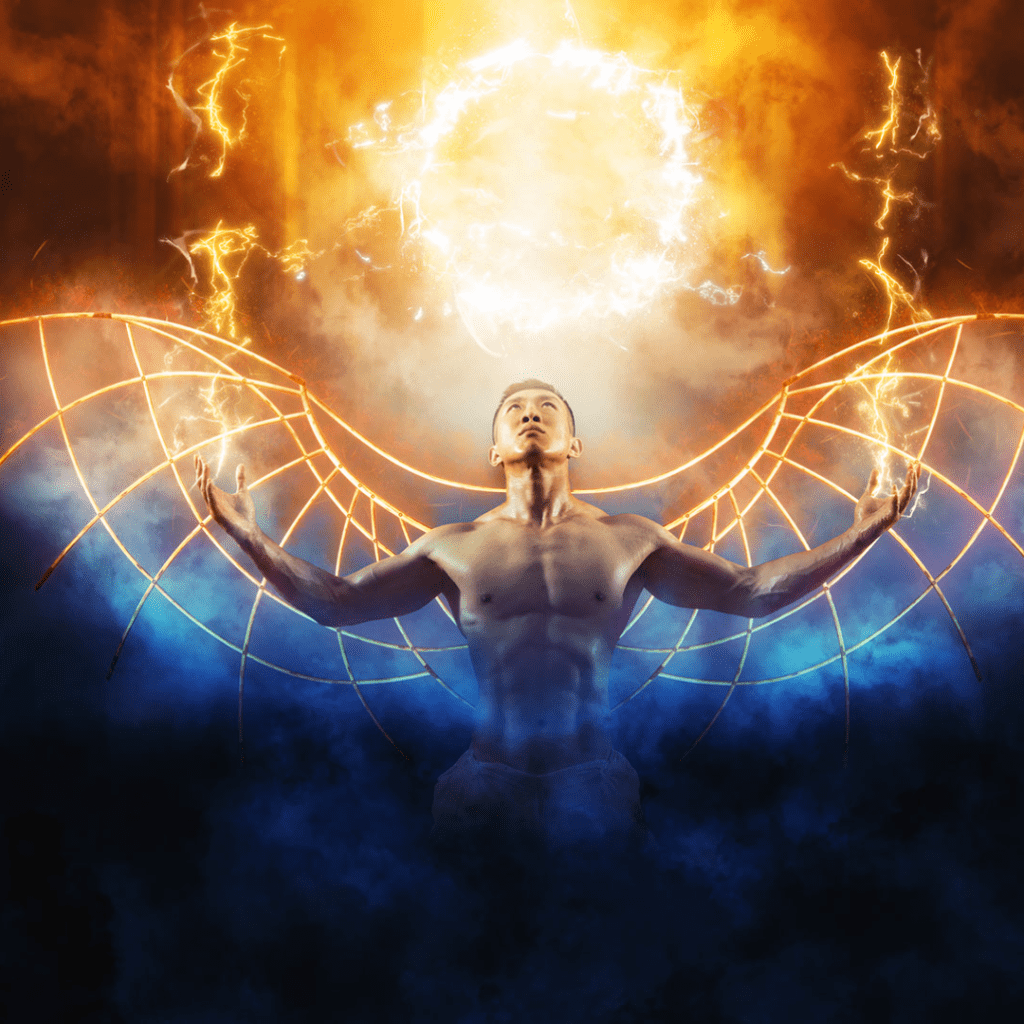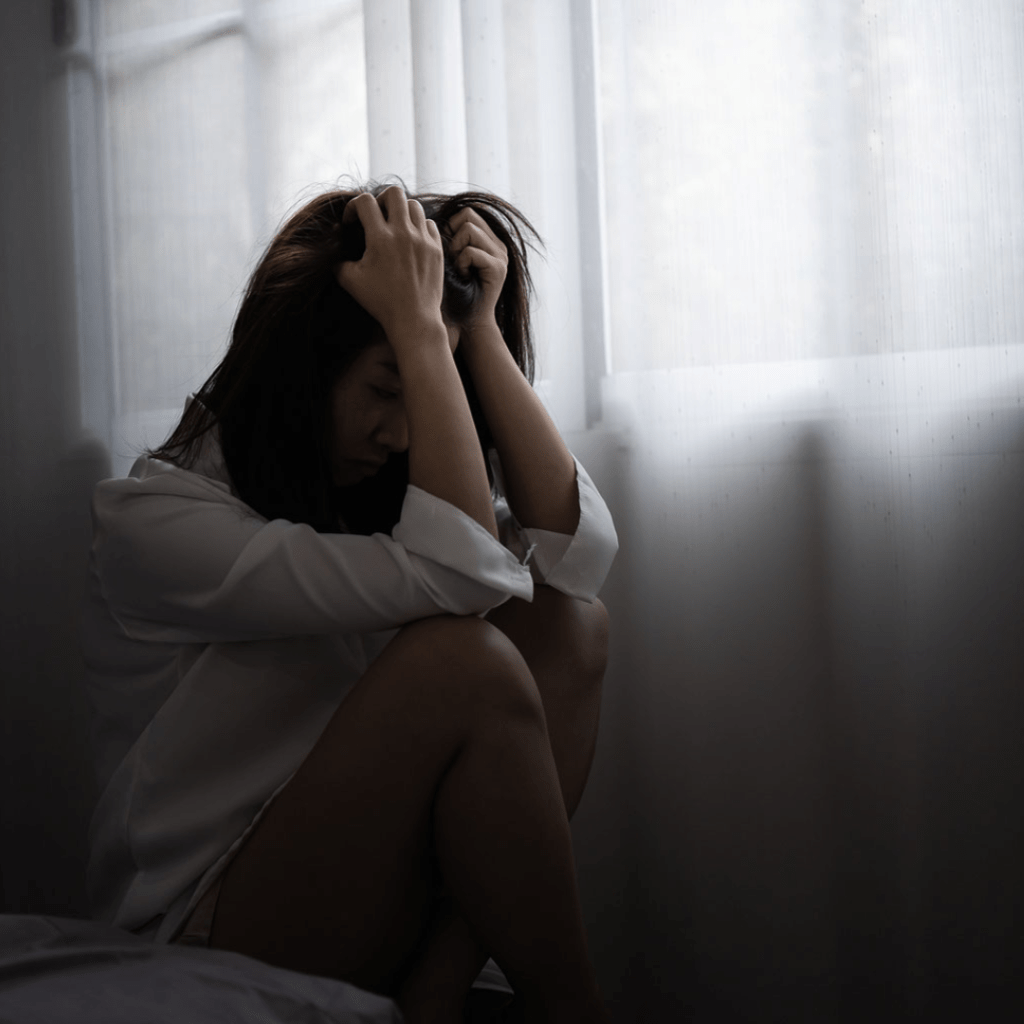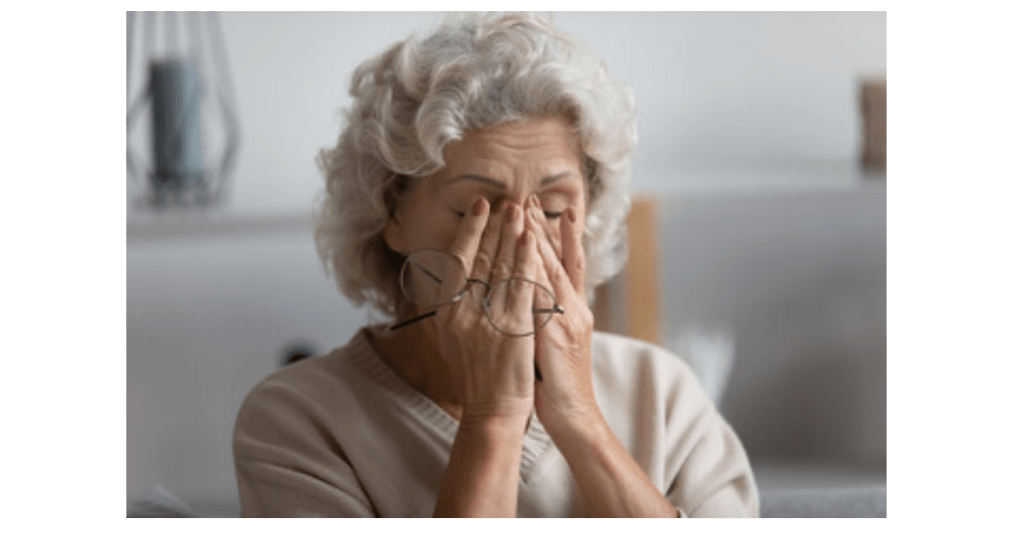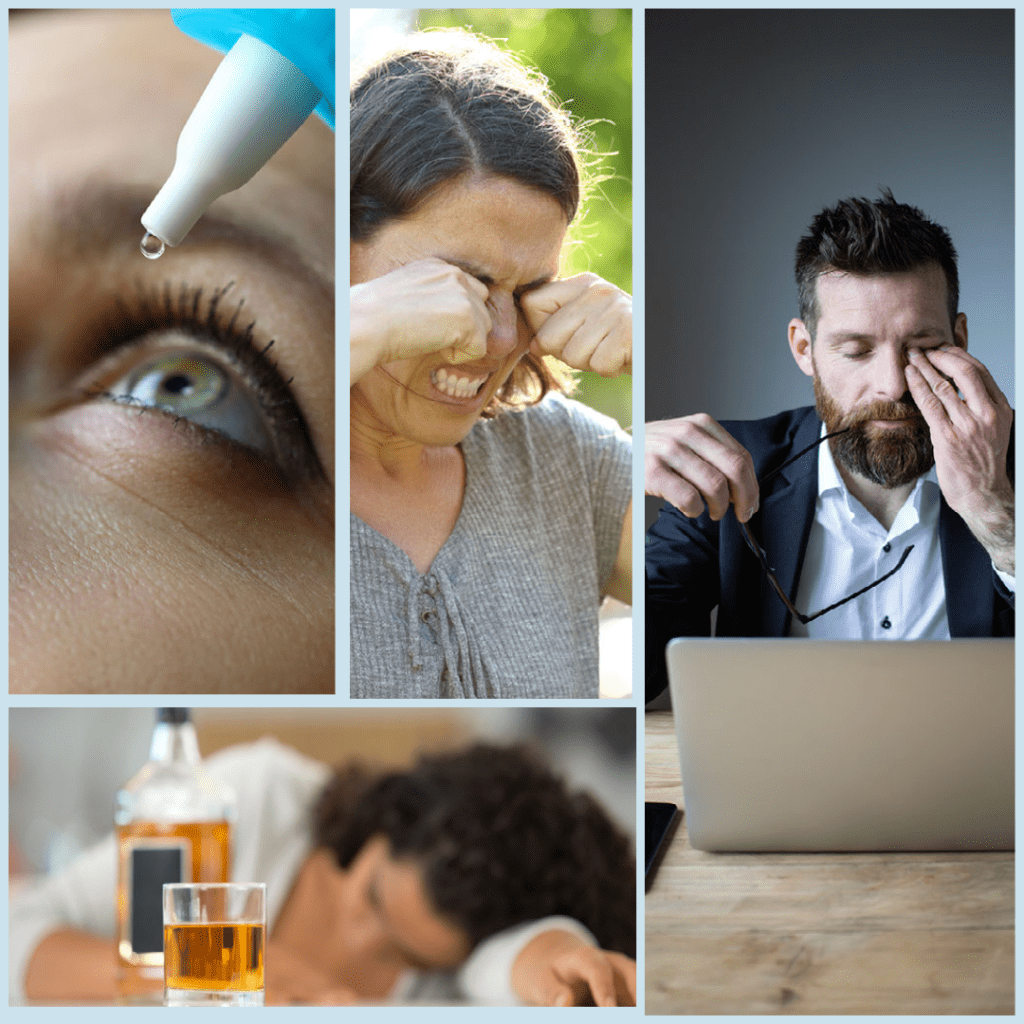There are many superstitions surrounding eyelid twitching. What are the facts and when should you see an eye doctor? Let’s dig deeper into the subject.
SUPERSTITION SURROUNDING EYELID TWITCHING:
Eyelid twitching is viewed differently in different countries. Some countries believe that right eyelid twitching brings good luck, while others believe that left does the same.

| COUNTRY | LEFT EYE TWITCH | RIGHT EYE TWITCH | BOTH EYE TWITCH |
| AFRICA | Sign of bad luck | ____ | Upper lid twitch: unexpected visitor Lower lid twitch: unfortunate incident |
| CHINA | Good luck | Bad luck | The Chinese Almanac also lists superstitions for both the left and right eyes depending on what time of day the twitching occurs. The time of day corresponds to a specific animal on the Chinese zodiac calendar. |
| EGYPT | Symbolizes evil | symbolizes peace and angels | ____ |
| HAWAII | Arrival of a stranger or impending death in family | Childbirth | ____ |
| INDIA | Bad luck for a man and good luck for a woman | Good luck for a man, bad luck of a woman | ____ |
| WEST INDIES | An ominous sign | Good omen | ____ |
WHAT IS EYELID TWITCHING?
In medical terminology, eyelid twitch is known as Eyelid Myokymia. An involuntary response to certain triggers, it is usually not a cause for concern. It is benign and usually resolves on its own within a few days. For some people, it can last a few weeks or even months.
CAUSE OF EYELID TWITCHING
There is a spasm of the orbicularis oculi, a muscle around the eyes that causes eyelid twitching. Common triggers include:
Stress

Having too much stress can have a negative impact on your health and well-being.
Stress, both emotional and physical, causes your body to release the hormones cortisol and adrenaline. These hormones affect the body physically and can cause eyelid spasms in addition to many other, more severe symptoms.
Stress can be difficult to avoid, but studies have shown that individuals who engage in more enjoyable leisure activities or hobbies have better psychological and physical health. Listening to meaningful music, meditation, and yoga can all help reduce stress.
Fatigue

We live in a world where things are moving at breakneck speed and we tend to overexert ourselves to keep up.
As a result, there will be more work, more stress, less sleep, and more fatigue.
By generating cortisol, the body makes an effort to combat this. The cortisol releases its “fight or flight” chemicals to keep you on high alert. The excitatory hormone promotes twitching of the eyelids.
Getting a good night’s sleep is the best way to avoid fatigue. A study found that adults should regularly sleep 7 hours or more per night to maintain optimal health.
Increased screen usage close to bedtime (30 minutes to 1 hour) can cause poor sleep quality.
This is believed to be due to the blue light emitting from the digital screen that suppresses the production of melatonin. Melatonin is a natural hormone that is required to relax the body for sleep.
Caffeine:

Your neurological system might be overexcited by too much caffeine, which can cause frequent twitching of the eyelids.
Coffee contains 80gm of caffeine, while black tea contains around 47gm of caffeine per cup. Decaf tea and coffee have much lower caffeine content.
If you notice that your eyelids are twitching more frequently, it may be time to cut back on your coffee consumption or switch to a beverage with less caffeine, like decaf coffee or herbal tea.
Other less common causes are:

- Eye fatigue: this is common in individuals who spend long hours in front of any digital screen, mobile, tabs, computers or TV. Apply the 20 20 20 rule: After every 20 minutes of digital work, look at an object 20 feet away for 20 seconds. To know more about digital eye strain, click here.
- Dry eyes: Individuals suffering from dry eyes can have foreign body sensation, gritty feeling, watering etc. They can use lubricating drops to soothe their eyes. Read this to know more about dry eyes and treatment.
- Foreign body: If you feel something stuck in your eye, it’s best to go to the doctor to have your eyes checked. As soon as possible, any foreign body must be removed.
- Alcohol: Having too much alcohol can cause eyelid twitching directly or affecting your sleep and causing fatigue in the body.
- Eye allergies: if there is constant itching, redness, irritation and watering in the eyes, you could be having an eye allergy. Cold compresses can relieve symptoms and eyelid twitching, and anti allergic eye drops prescribed by a doctor will also help.
- Electrolyte imbalance: Dehydration, excessive sweating, diarrhea leading to electrolyte imbalance can all cause eyelid twitching. Therefore, maintain a healthy gut, drink plenty of water, and eat a balanced diet.
WHEN SHOULD YOU SEE A DOCTOR:
In most cases, eyelid twitching resolves on its own without any treatment. But it can be both bothersome and embarrassing for some people. Take a look at the solutions listed above. Massage around your eyes or apply warm compresses to relax your eye muscles. Occasionally, the cause of the condition can be something else that may require a scan of the head and neck.
- Blepharospasm: This is abnormal contraction of eyelid muscle leading to forceful closure of the eyes. It is usually bilateral and requires evaluation. It maybe associated with certain medical conditions such as Parkinson’s, Bell’s palsy, Multiple Sclerosis etc.
- Hemifacial spasm: this is a neurological disorder causing involuntary twitching of one half of the face.
- Twitching of the eyelids in children: if a child has prolonged twitching of the eyelids for several days, he or she should be examined by a doctor.
There is no reason to be concerned about twitching eyelids from a medical perspective. The only concern is with the superstition surrounding it that people get consumed with. Don’t let bad thoughts get the best of you. If necessary, consult a doctor.
